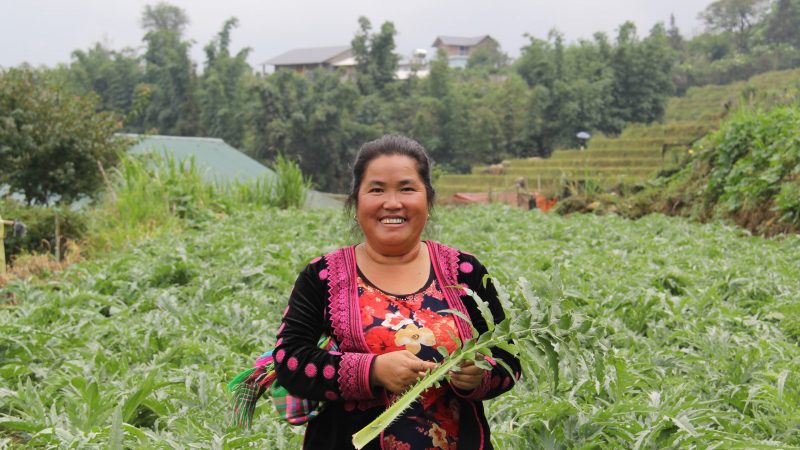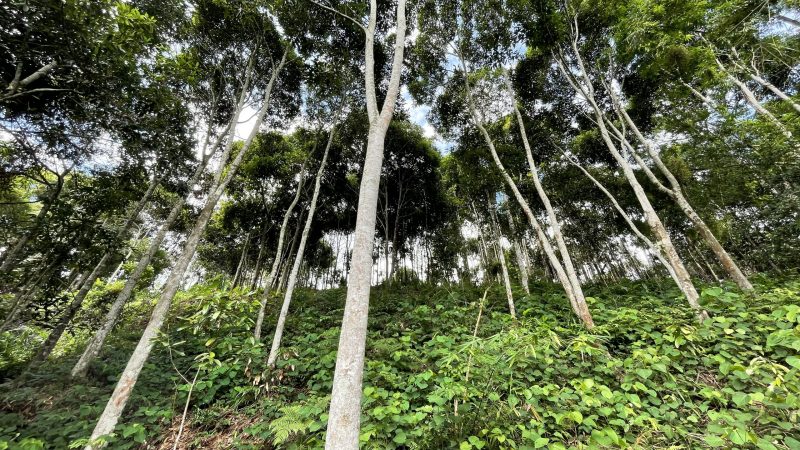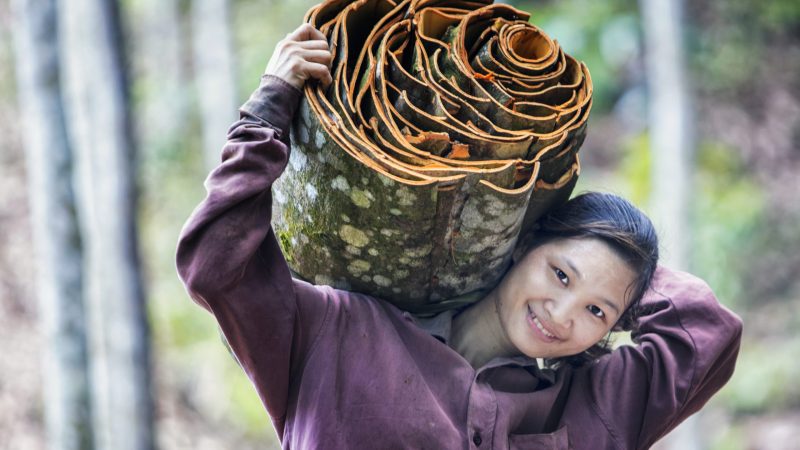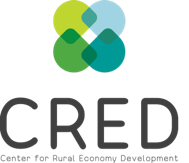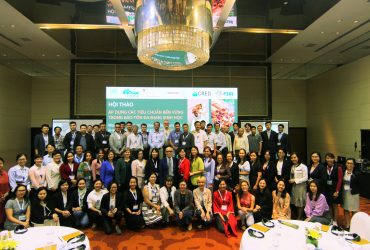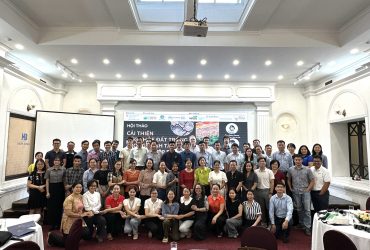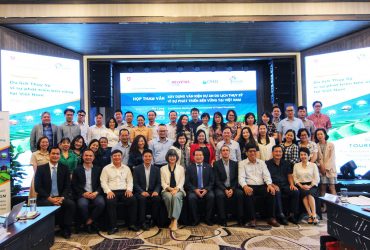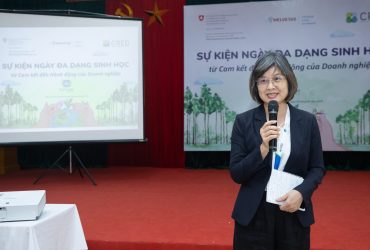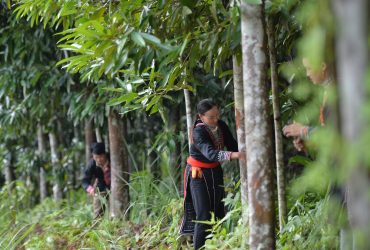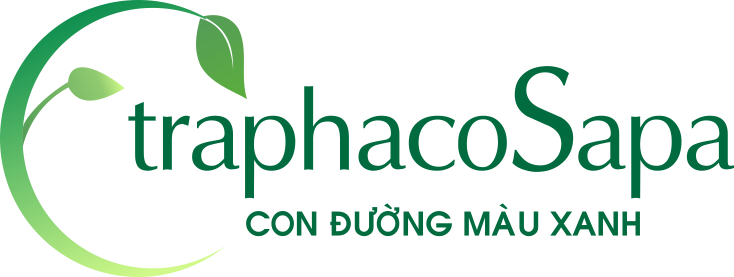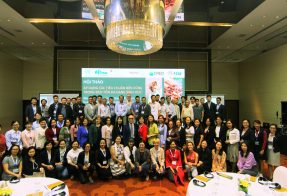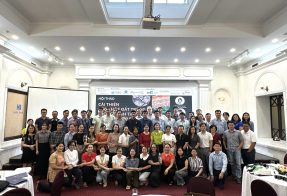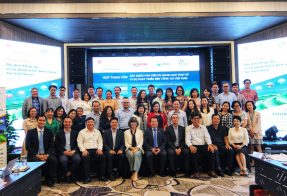Contribution to improving the livelihoods of ethnic farmers in the North of Vietnam
PERIOD: 2021-2022
INTRODUCTION
“Contribution to improving the livelihoods of ethnic farmers in the North of Vietnam” project is co-funded by Federal Ministry of Economic Cooperation and Development (BMZ) and Helvetas Germany; and implemented by Center for Rural Economy Development – CRED; in order to improve incomes of ethnic minority farmers in the two northern provinces – Lao Cai and Bac Kan – by promoting sustainably produced products.
KEY PARTNERS
- People’s Committee of Sa Pa town, Lao Cai province
- Traphaco SaPa Limited Company`
- People’s Committee of Cho Don district, Bac Kan province
- Truong Giang Spice Limited Company
OBJECTIVES
- Increase in incomes for 250 farmers in Lao Cai and Bac Kan province by promoting sustainably produced products and building linkages with enterprises’ value chain.
- Production capacities of farmer groups are developed to increase product quality and prices.
APPROACH
- Develop a fair value chain approach, which builds business linkages between farmers and enterprises.
- Skill and knowledge development relating to the cultivation practices of artichoke and cinnamon complying with sustainable standards (UEBT), to improve product quality.
- Promote People-Private Partnership to ensure stable incomes for farmers.
- Facilitate the formation of farmer groups to strengthen social ties, produced natural ingredients.
KEY EXPECTED RESULTS
- Production capacities of 250 farmers cultivating artichoke and cinnamon in Lao Cai and Bac Kan are enhanced.
- 2 sets of comprehensive training materials on artichoke and cinnamon cultivation according to UEBT standards are developed.
- 30 lead farmers are trained to be ToT trainers, who are capable to deliver and circulate sustainable cultivation techniques among communities.
- 5 farmer groups are formed with each group having 50 farmers. Lead farmers are trained in leadership and management skills to work with enterprises.
- At least 5 procurement agreements are signed between farmer groups and enterprises, to sell high-quality materials at fair and stable prices.
 |
 |
FUNDED BY
|
IMPLEMENTED BY
|




